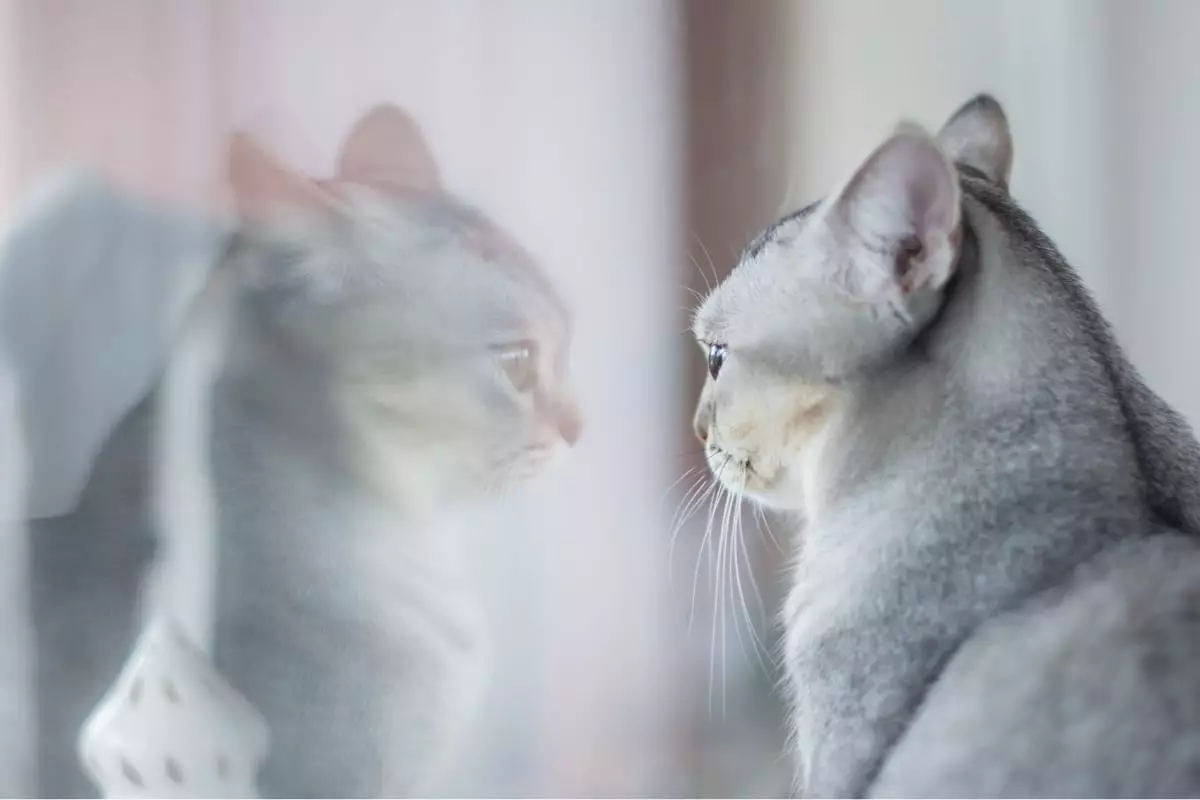Cats are often thought of as independent creatures, happy to lounge around without the need for constant companionship. However, beneath that exterior lies a complex emotional world that many cat owners may overlook. Just like humans, cats can experience feelings of loneliness, anxiety, and sadness when their beloved humans leave them alone. Understanding these emotions and recognizing the signs of your cat missing you can help strengthen your bond and improve their overall well-being.
Vocalization is a vital aspect of feline communication. Pay close attention to your cat’s sounds—if you notice an increase in meowing, especially when you’re about to leave or upon your return, it might indicate their discomfort. Cats do not vocally express much unless they feel compelled to do so, so a sudden uptick in meowing can suggest that they are responding to the stress of your absence. This behavior can be a plea for reassurance and attention. Observing these changes can provide valuable insights into their emotional state and allow you to intervene with affection and engagement.
If your furry friend seems to tail you wherever you go, it signifies a desire to maximize the limited time together before you leave. This clingy behavior is not merely an annoyance; it is a heartfelt gesture rooted in their emotional needs. Such proximity allows them to absorb your presence and reassures them that they are not alone. Understanding this behavior can encourage you to offer them more quality time, fortifying the bond you share and supporting their emotional health.
Changes in feeding habits can serve as a window into your cat’s emotional landscape. If your feline companion begins to eat less in your absence, it may reflect feelings of anxiety or depression. Just as humans can lose their appetites when stressed, so too can cats. To promote a healthier state of mind, ensure a consistent feeding schedule, and consider enriching their environment with toys and activities that maintain their interest even when you’re not around.
Coming home to find furniture scratched or items knocked over can be frustrating and concerning. Such destructive behavior may actually stem from separation anxiety and boredom. Cats need mental and physical stimulation; without it, they may resort to these actions to express their distress. Engaging them with a variety of toys, interactive games, and scratching posts can mitigate such behaviors, providing them alternative outlets for their energy and emotions.
While grooming is a natural cat behavior, excessive grooming can signal a deeper emotional issue. If you find your cat obsessively grooming to the point of creating bald spots, it could be a sign of anxiety. Cats often groom as a self-soothing mechanism in response to stress. Providing a peaceful environment, along with comforting activities like gentle petting or playful interactions, can help alleviate their anxiety.
Coming home to find your cat perched at the door is an endearing indicator of their emotional connection to you. This behavior may reflect their eagerness and anticipation, suggesting they have spent considerable time waiting for your return. While it’s great to be missed, finding ways to ease their anxiety during your absence—such as leaving on a radio or providing a companion pet—could help them feel more secure.
Interestingly, not all cats greet you with excitement upon your return. Some may choose to ignore you for a time, employing a “silent treatment” as a way to express their discontent. This aloofness may stem from feelings of resentment regarding your absence. It is essential to allow them the space they need while also offering gentle affection to maintain the connection.
A cat that seeks you out for extra cuddles upon your return is communicating their joy at your homecoming. This increase in affectionate behavior is not only heartwarming but demonstrates how they value your companionship. Engaging in this bonding moment reinforces the trust between you and your furry friend.
If you notice your cat having accidents outside the litter box or displaying signs of lethargy, it is crucial to consult your veterinarian. While these behaviors can stem from emotional distress, they may also indicate underlying medical problems. A health check ensures that any serious issues are ruled out.
Recognizing the signs of separation anxiety in your cat is key to nurturing their emotional well-being. Providing attention, stimulation, and understanding of their needs can greatly improve their happiness and help sustain a loving bond. In the end, it’s about creating a secure environment where your feline friend can thrive, even in your absence.

